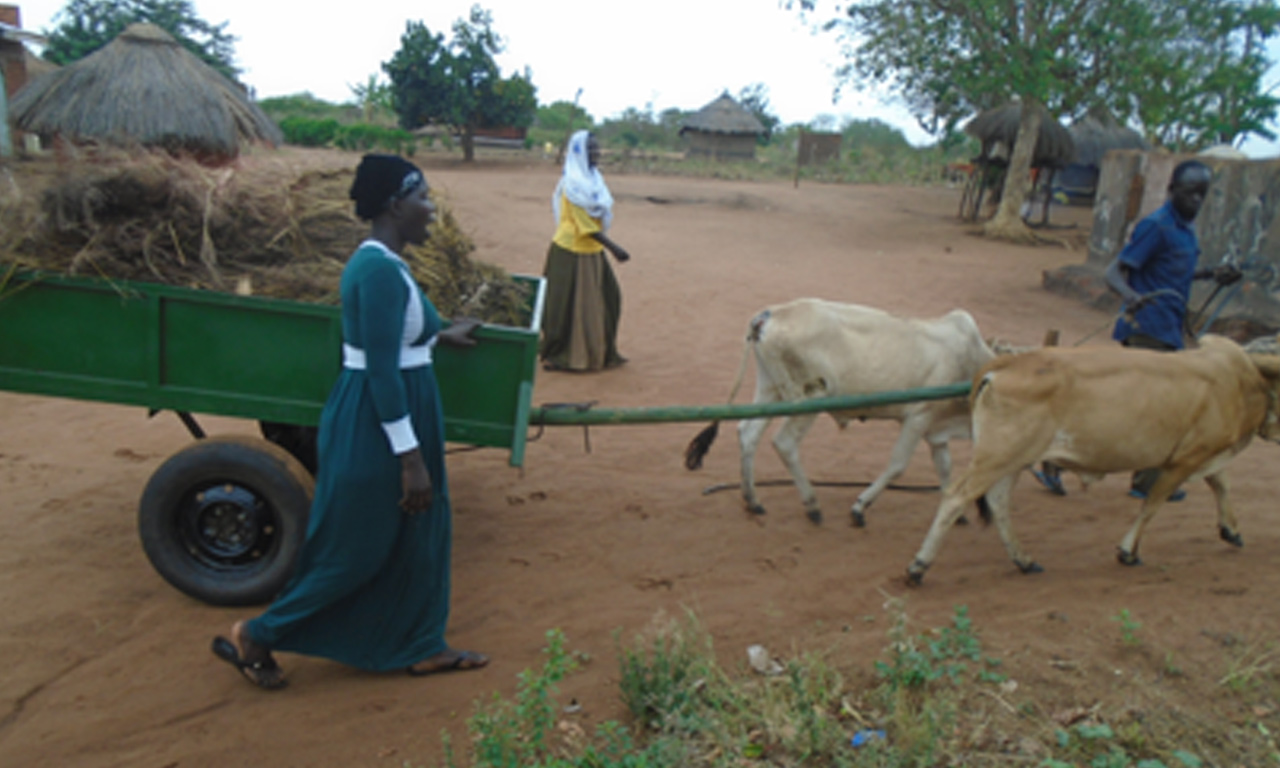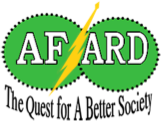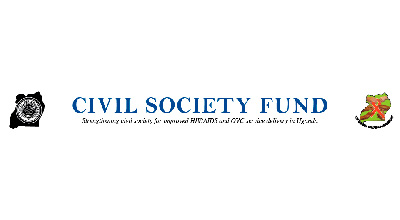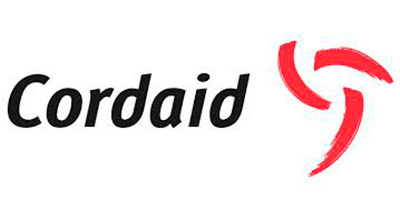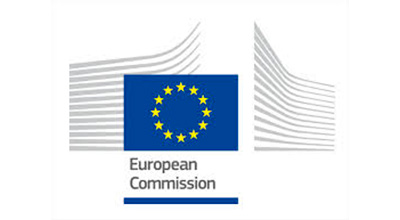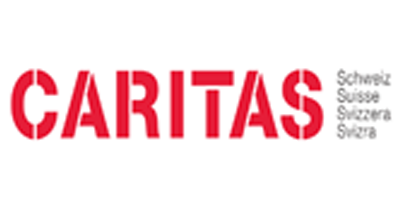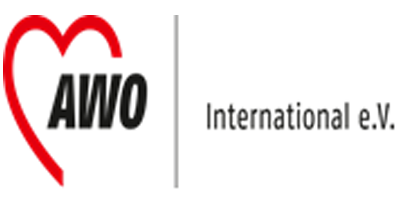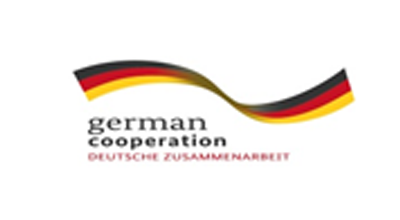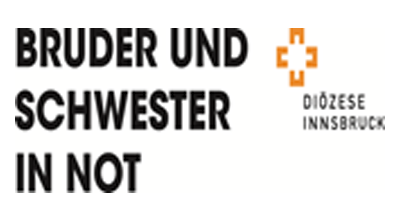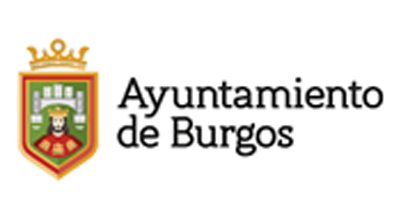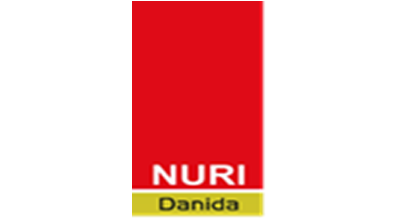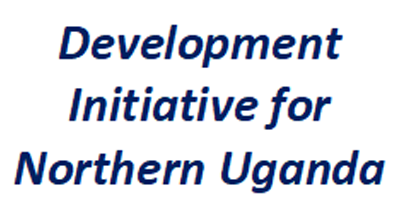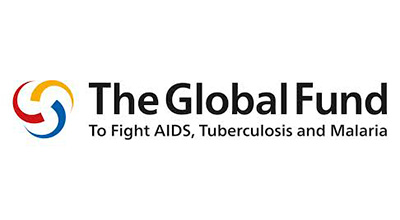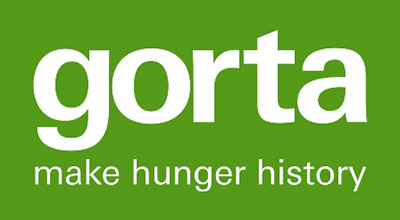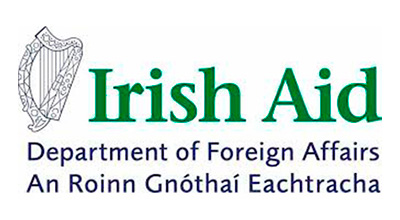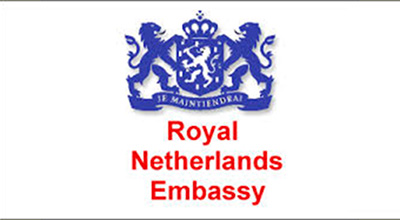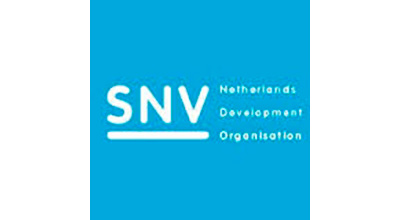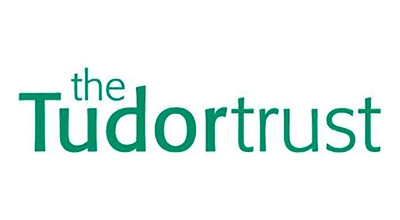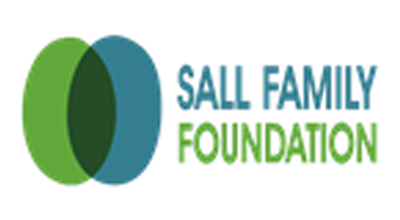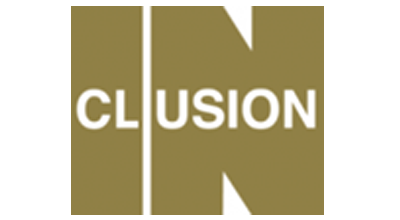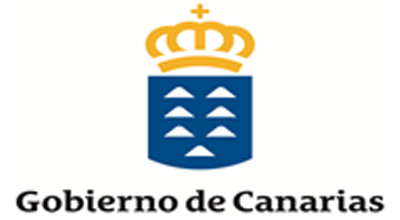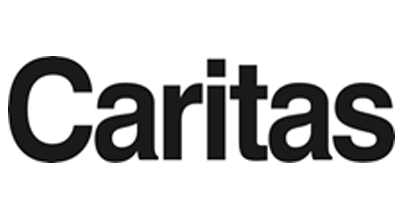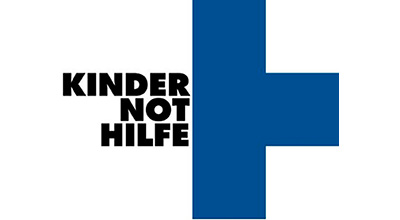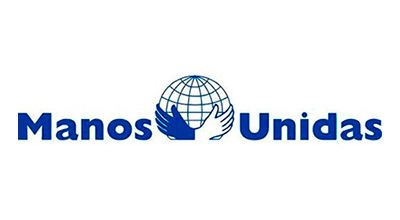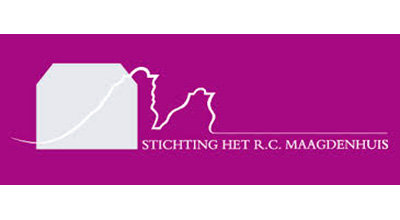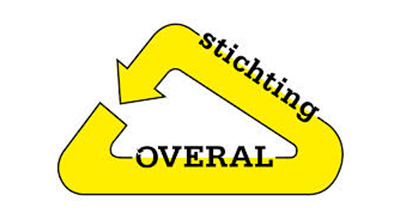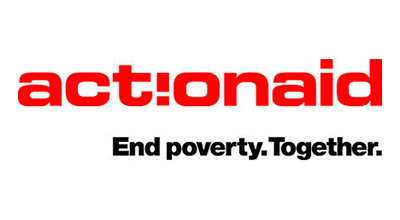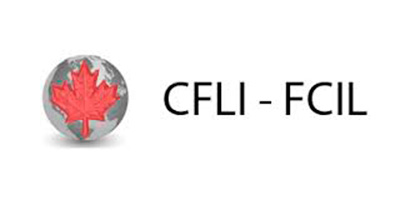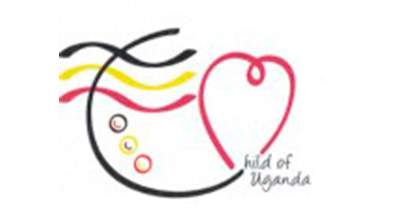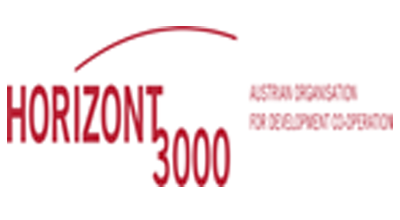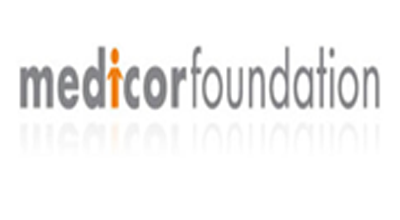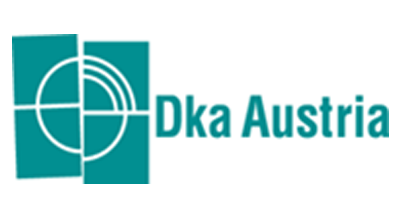Yumbe district, located in West Nile region of Uganda, has a population of 629,400 nationals and 223,253 refugees (41% of the 794,387 South Sudanese refugees). These people face an unprecedented level of food and
income insecurity and conflicts over natural resources. The project seeks to contribute to SDG 1 (end poverty) and SGD 2 (zero hunger) with a goal, “to economically integrate refugee and host communities in Yumbe district and build resilient livelihoods.” Its specific objectives are refugee and host communities have: (i) improved food and nutrition security status; (ii) increased income; and (iii) peaceful co-existence. The project targets 300 vulnerable households (50% each in refugee and host community; and 60% female headed) with 2,100 people. These households are organized into 12 farmer groups that are strengthened to operate harmoniously and collectively to ensure sustainable increase in yields for food and income.
The project seeks to contribute to SDG 1 (end poverty) and SGD 2 (zero hunger) with a goal, “to economically integrate refugee and host communities in Yumbe district and build resilient livelihoods.” Its specific objectives are refugee and host communities have: (i) improved food and nutrition security status; (ii) increased income; and (iii) peaceful co-existence. The project targets 300 vulnerable households (50% each in refugee and host community; and 60% female headed) with 2,100 people. These households are organized into 12 farmer groups that are strengthened to operate harmoniously and collectively to ensure sustainable increase in yields for food and income.
The key results of this phase included:
- Increased ownership of kitchen gardens (54 - 96%), uptake of three meals daily (61 - 85%), women and girls eating traditionally forbidden foods dropped (48% to 65%) and men eating green vegetables without complaints (0-75%).
- All the 300 targeted households joined VSLA which complemented by rice and local poultry agribusiness enabled 63% of the beneficiaries to set up alternative IGAs. Together, these increased the average annual household income from UGX 200,000 to UGX 3,000,000.
- Conflict over natural resources reduced from 74% to 49% as cooperation over shared resource use between refugees and host communities was reported to have risen from 68% to 88%. At least 04 joint projects were implemented arising from community dialogues – shared water source, arable land, commercial woodlot, and membership in a cooperative.
- At the family level, more women gained power to own productive assets (43 - 60%) and participate in decision-making (22 – 40%) and use family planning services (4 - 25%).
- In addition, 30,590 tree seedlings were planted, 285 households adopted the use of energy saving stoves and 53% of women reduced their time spent in search for firewood.
Project Budget: € 378,395.44
Donor: German Federal Ministry for Economic Cooperation and Development (BMZ) through AWO International
